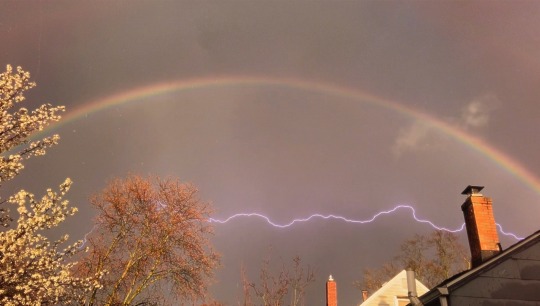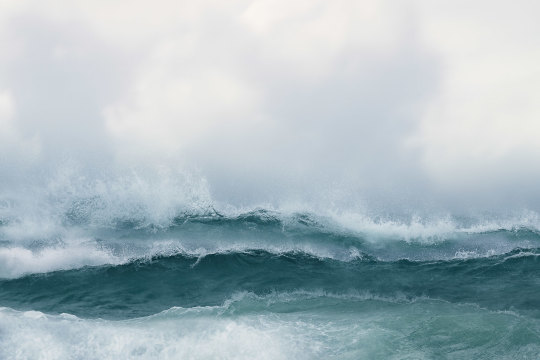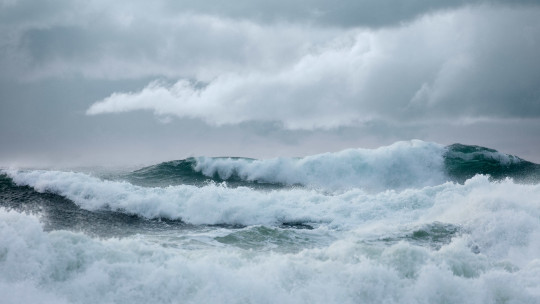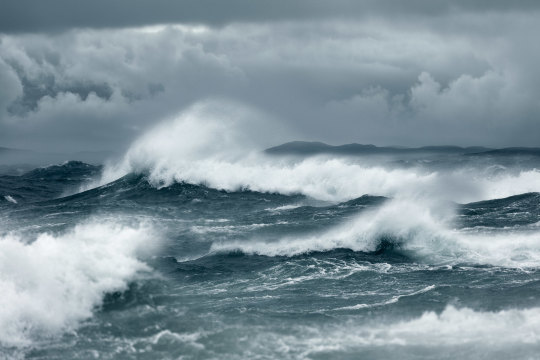#weather and nature
Explore tagged Tumblr posts
Link

Chapters: 17/? Fandom: Star Wars: The Bad Batch (Cartoon), Star Wars: The Clone Wars (2008) - All Media Types, Star Wars - All Media Types Rating: General Audiences Warnings: Creator Chose Not To Use Archive Warnings Relationships: Clone Force 99 | Bad Batch & Other Star Wars Characters (Star Wars) Characters: CT-9904 | Crosshair, CT-21-0408 | CT-1409 | Echo, CT-9901 | Hunter, CT-9902 | Tech, CT-9903 | Wrecker, Omega (Star Wars: The Bad Batch), Batcher the Lurca Hound (Star Wars), Pabu Island Residents (Star Wars: The Bad Batch), Clone Trooper Characters (Star Wars), Clone Trooper Howzer (Star Wars), Clone Trooper Mox (Star Wars), Clone Trooper Stak (Star Wars: The Bad Batch: Paths Unknown), Clone Trooper Deke (Star Wars), Clone Trooper Vik (Star Wars), Original Clone Trooper Character(s) (Star Wars), Socks and Booker (OC Clones), Lula the Tooka Doll (Star Wars), Asajj Ventress, Clone Trooper Nemec (Star Wars), Shep Hazard Additional Tags: Summer of Bad Batch 2024, summerofbadbatch2024, Fan Events and Prompts, Pabu Island (Star Wars), family and friends, Fun under the Sun, Snippets and Scenes, Ficlets, family time and bonding, Fun and Fluff, Humour, Light Angst, Fights and Squabbles, Family Dynamics, Adventure, Flashbacks and Missions, Everyone working towards a common goal, Nature and Weather, Alternate Universe - Everyone Lives/Nobody Dies Series: Part 1 of A Summer of Bad Batch 2024 Summary:
Each chapter containing individual ficlets in the life and times of the Bad Batch and their friends, clones and other Pabuers and one warm summer spent on the peaceful island of Pabu. There are a few flashbacks stories from the past there as well.
Tales as per inspired by the corresponding weekly prompts (see below).
Part of Summer of Bad Batch 2024 collection and series
@summer-of-bad-batch
#summer of bad batch#summer of bad batch 2024#summerofbadbatch2024#summerofbadbatch#fanfic#stories#ficlets#poetry#star wars#the clone wars#the bad batch#pabu island#summer of fun#family and friends#light angst#missions and flashbacks#everyone lives#working together#family dynamics#gen fic#snippets and scenes#clone force 99#clone troopers#pabuers#weather and nature#shelter from the storm
6 notes
·
View notes
Text

I’m so happy I got this shot earlier holy shit
51K notes
·
View notes
Text


Christophe Jacrot
#the faroe islands#landscape#landscape photography#nature#nature photography#dark nature#dark aesthetic#ocean#mountains#snow#winter#cold weather#european gothic#regional gothic#eerie
11K notes
·
View notes
Text


by Claudio De Sat
5K notes
·
View notes
Text

#rain#weather#landscape#nature#naturecore#witch#witchcore#witchblr#wicca#pagan#goth#gothic#funny#lol#haha#humor#meme#memes#jokes#halloween#spooky#witchy#witchcraft#witch aesthetic#witchy vibes
5K notes
·
View notes
Text
As relentless rains pounded LA, the city’s “sponge” infrastructure helped gather 8.6 billion gallons of water—enough to sustain over 100,000 households for a year.
Earlier this month, the future fell on Los Angeles. A long band of moisture in the sky, known as an atmospheric river, dumped 9 inches of rain on the city over three days—over half of what the city typically gets in a year. It’s the kind of extreme rainfall that’ll get ever more extreme as the planet warms.
The city’s water managers, though, were ready and waiting. Like other urban areas around the world, in recent years LA has been transforming into a “sponge city,” replacing impermeable surfaces, like concrete, with permeable ones, like dirt and plants. It has also built out “spreading grounds,” where water accumulates and soaks into the earth.
With traditional dams and all that newfangled spongy infrastructure, between February 4 and 7 the metropolis captured 8.6 billion gallons of stormwater, enough to provide water to 106,000 households for a year. For the rainy season in total, LA has accumulated 14.7 billion gallons.
Long reliant on snowmelt and river water piped in from afar, LA is on a quest to produce as much water as it can locally. “There's going to be a lot more rain and a lot less snow, which is going to alter the way we capture snowmelt and the aqueduct water,” says Art Castro, manager of watershed management at the Los Angeles Department of Water and Power. “Dams and spreading grounds are the workhorses of local stormwater capture for either flood protection or water supply.”
Centuries of urban-planning dogma dictates using gutters, sewers, and other infrastructure to funnel rainwater out of a metropolis as quickly as possible to prevent flooding. Given the increasingly catastrophic urban flooding seen around the world, though, that clearly isn’t working anymore, so now planners are finding clever ways to capture stormwater, treating it as an asset instead of a liability. “The problem of urban hydrology is caused by a thousand small cuts,” says Michael Kiparsky, director of the Wheeler Water Institute at UC Berkeley. “No one driveway or roof in and of itself causes massive alteration of the hydrologic cycle. But combine millions of them in one area and it does. Maybe we can solve that problem with a thousand Band-Aids.”
Or in this case, sponges. The trick to making a city more absorbent is to add more gardens and other green spaces that allow water to percolate into underlying aquifers—porous subterranean materials that can hold water—which a city can then draw from in times of need. Engineers are also greening up medians and roadside areas to soak up the water that’d normally rush off streets, into sewers, and eventually out to sea...
To exploit all that free water falling from the sky, the LADWP has carved out big patches of brown in the concrete jungle. Stormwater is piped into these spreading grounds and accumulates in dirt basins. That allows it to slowly soak into the underlying aquifer, which acts as a sort of natural underground tank that can hold 28 billion gallons of water.
During a storm, the city is also gathering water in dams, some of which it diverts into the spreading grounds. “After the storm comes by, and it's a bright sunny day, you’ll still see water being released into a channel and diverted into the spreading grounds,” says Castro. That way, water moves from a reservoir where it’s exposed to sunlight and evaporation, into an aquifer where it’s banked safely underground.
On a smaller scale, LADWP has been experimenting with turning parks into mini spreading grounds, diverting stormwater there to soak into subterranean cisterns or chambers. It’s also deploying green spaces along roadways, which have the additional benefit of mitigating flooding in a neighborhood: The less concrete and the more dirt and plants, the more the built environment can soak up stormwater like the actual environment naturally does.
As an added benefit, deploying more of these green spaces, along with urban gardens, improves the mental health of residents. Plants here also “sweat,” cooling the area and beating back the urban heat island effect—the tendency for concrete to absorb solar energy and slowly release it at night. By reducing summer temperatures, you improve the physical health of residents. “The more trees, the more shade, the less heat island effect,” says Castro. “Sometimes when it’s 90 degrees in the middle of summer, it could get up to 110 underneath a bus stop.”
LA’s far from alone in going spongy. Pittsburgh is also deploying more rain gardens, and where they absolutely must have a hard surface—sidewalks, parking lots, etc.—they’re using special concrete bricks that allow water to seep through. And a growing number of municipalities are scrutinizing properties and charging owners fees if they have excessive impermeable surfaces like pavement, thus incentivizing the switch to permeable surfaces like plots of native plants or urban gardens for producing more food locally.
So the old way of stormwater management isn’t just increasingly dangerous and ineffective as the planet warms and storms get more intense—it stands in the way of a more beautiful, less sweltering, more sustainable urban landscape. LA, of all places, is showing the world there’s a better way.
-via Wired, February 19, 2024
#california#los angeles#water#rainfall#extreme weather#rain#atmospheric science#meteorology#infrastructure#green infrastructure#climate change#climate action#climate resilient#climate emergency#urban#urban landscape#flooding#flood warning#natural disasters#environmental news#climate news#good news#hope#solarpunk#hopepunk#ecopunk#sustainability#urban planning#city planning#urbanism
14K notes
·
View notes
Text

Saturday Night Show l Deran Hall l Utah
#lightning#cloudy#night#sky#sunset#nature#earth#photography#photos#thunderbolt#storm#utah#astrophotography#weather#planets
5K notes
·
View notes
Text

Though it has not yet been upgraded to a category four it is expected to reach that level.
3K notes
·
View notes
Text

a stormy morning at neist point, scotland
#neist point lighthouse#scotland#landscape photography#nature photography#film photography#35mm#filmisnotdead#ocean#sea#cliffs#lighthouse#storm#sky#weather#naturecore#lensblr#original photographers#photographers on tumblr#diary
2K notes
·
View notes
Text

8K notes
·
View notes
Text
Climate change has made many natural disasters worse than they were before, especially hurricanes, tornados, wildfires, and flooding. So I am curious:
Please reblog for more votes!
In the Tags: you answer + general area you live in. No need to be too specific.
11K notes
·
View notes
Text

Above Ullswater, The Lake District.
Photographed by Freddie Ardley
#photographers on tumblr#landscape#photography#artists on tumblr#travel#nature#art#photographer#beauty#Hasselblad#story#lit#view#storm#weather#lake district
2K notes
·
View notes
Text


Dorian
#landscape#landscape photography#nature#dark nature#dark aesthetic#snow#winter#cold weather#regional gothic#eerie
2K notes
·
View notes
Text




by David Baker
#ocean#waves#storm#nature#landscape#photography#water#surf#coast#weather#clouds#moody#naturecore#curators on tumblr#uploads
17K notes
·
View notes
Photo

3K notes
·
View notes
Text




“I’m fighting alone, every day. I fight with the hell that I survived. I fight with the fact of my own humanity. I fight with the idea that death is the only way of escaping this fact.”
l Han Kang, Human Acts l ph: Michael Shainblum
2K notes
·
View notes